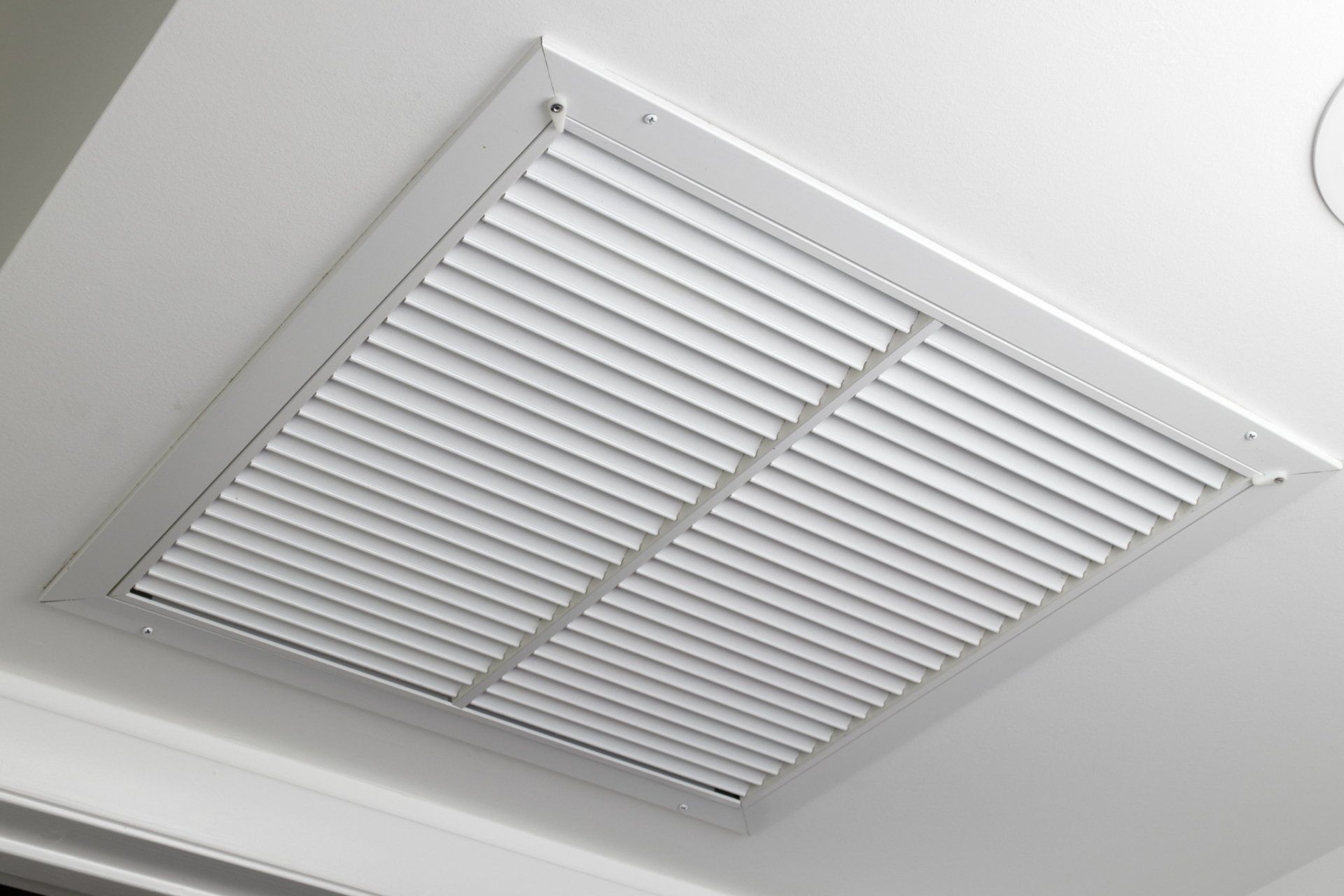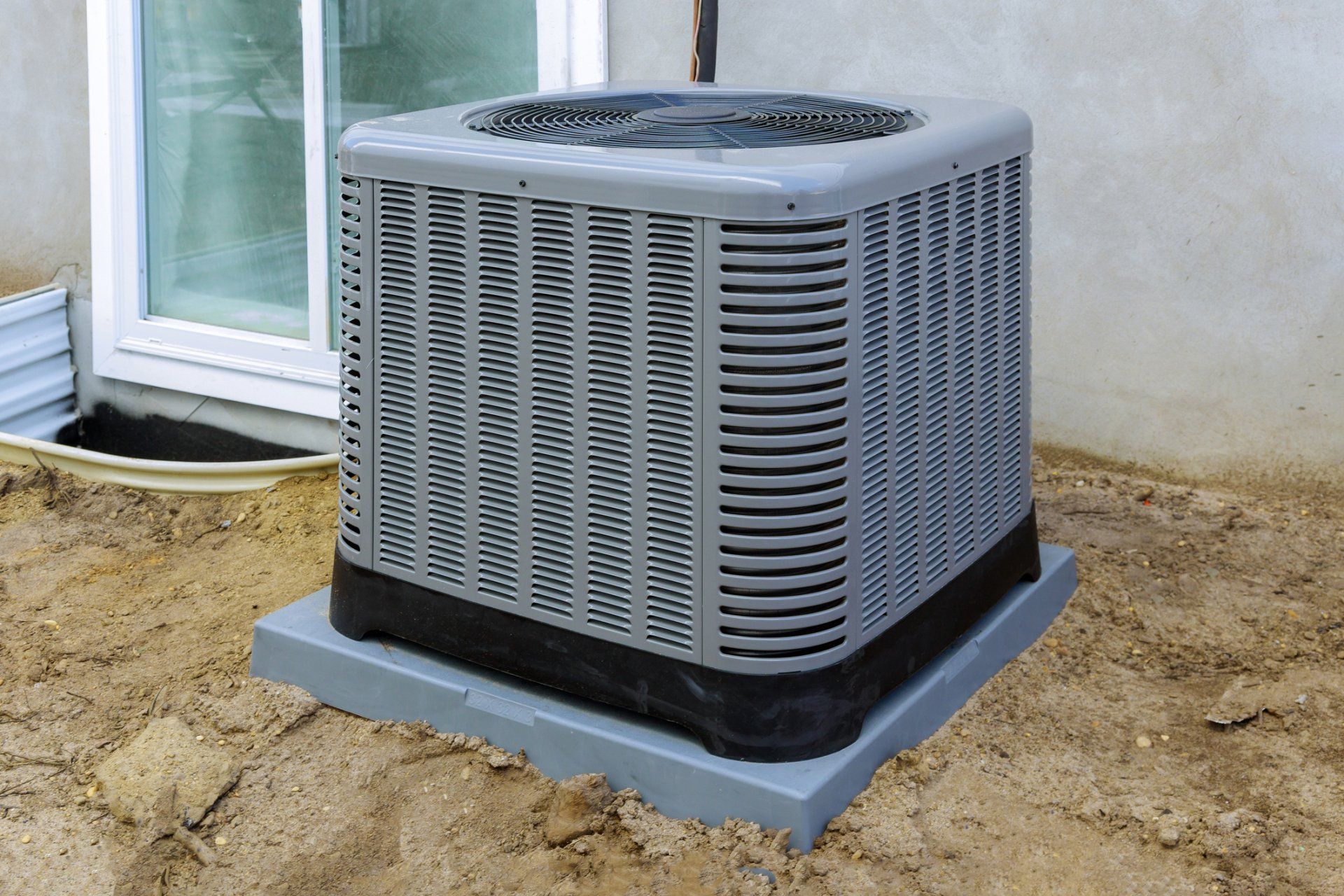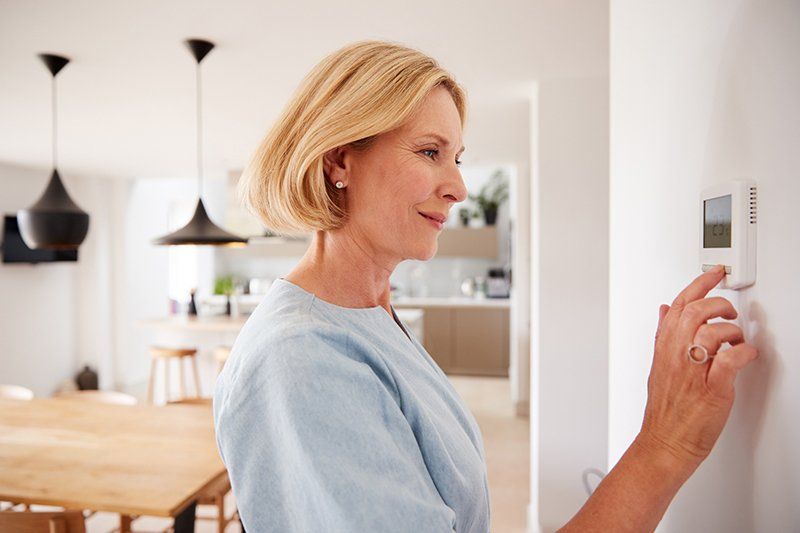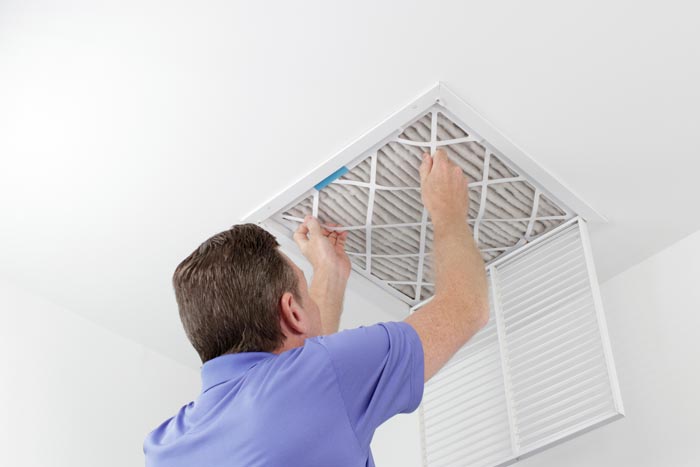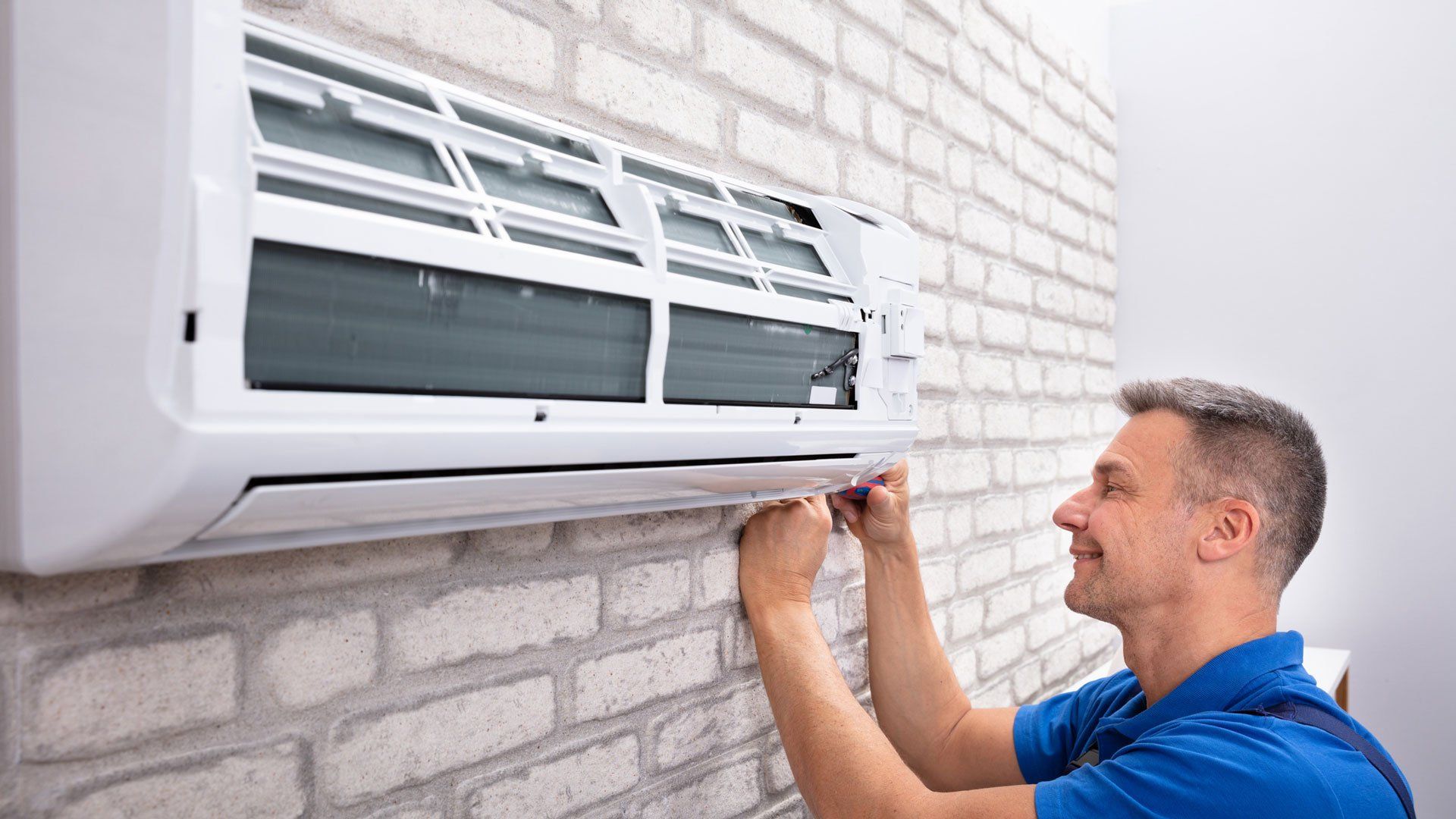HVAC Filters: What You Need To Know
As a homeowner, you may know that your HVAC system's air filter needs to be changed regularly, but you may not know how often or what type you should purchase from the home improvement store. If you are buying a home for the first time and have never even needed to worry about something like this before, how do you know what filter will best suit your needs?
When it comes to residential HVAC filters, there are numerous options available on the market, so choosing the right one for your home and family is important. Prior to purchasing a home air filter, some things to consider include:
- Choosing the appropriate size filter.
- Being familiar with the different kinds of filters.
- Checking the minimum efficiency reporting value.
- Knowing the frequency level at which your filter should be changed.
Keep reading to learn about all of the above.
Choosing the Appropriate Size Filter
HVAC filters come in a variety of sizes, and filters tend to work best when they have a snug fit. Once installed, the filter may not be the right size for your HVAC system if there are gaps around the frame. The size of the filter can usually be found on the side of the filter frame, so make sure to check for this information before purchasing a filter.
Being Familiar with The Different Kinds of Filters
There are multiple types of filters for your HVAC systems, all of which vary in maintenance requirements and performance levels. As a general rule of thumb, filters perform best when they are new and clean, though some filters last longer than others because of the way they are made.
Disposable Fiberglass Air Filters – These filters are designed to collect larger particles like dust, lint, and debris. Fiberglass filters are the least effective out of all the filters and are best used in homes without pets and individuals without health conditions or allergies. These filters are the most economical.
Disposable Pleated Air Filters – These filters are designed to collect small and large particles like spores and mites. These filters will cost slightly more than disposable fiberglass filters, but they will also need to be changed more frequently.
Reusable Electrostatic Air Filters – These filters have charged electrostatic fibers and are considered 10 times more efficient than their disposable counterparts. These filters are washable, which means they don't need to be replaced as often as disposable filters—possibly only every 5 to 10 years.
HEPA Air Filters – These high-efficiency filters are designed to be the most effective at removing both large and small particles, including pollen and mold. They are most commonly used in hospitals and similar sterile environments, but they can be used in residential settings. A HEPA filter is good if a household member suffers from allergies. These filters are also the most expensive of the bunch.
Checking the Minimum Efficiency Reporting Value
Air filters receive a Minimum Efficiency Reporting Value (MERV), which is a rating that informs customers of how well a filter traps particles. Residential air filters receive a rating between 1 and 13, and the higher this number is, the more efficient the filter is. It is recommended to purchase an air filter with a rating of at least six.
Knowing the Frequency Level at Which Your Filter Should Be Changed
Regardless of the type of filter that you select for your home, disposable filters require changing and washable filters require cleaning as soon as the filters become dirty to avoid air flow becoming restricted. In general, though, air filters should be changed every three months at a minimum, possibly more frequently during heavy seasons (summer and winter) and if you have pets or allergy suffers in the home.
If you run into any problems with your air filter or HVAC system, give us a call at Parks Davis Air Conditioning & Heating and we'll be happy to help.

